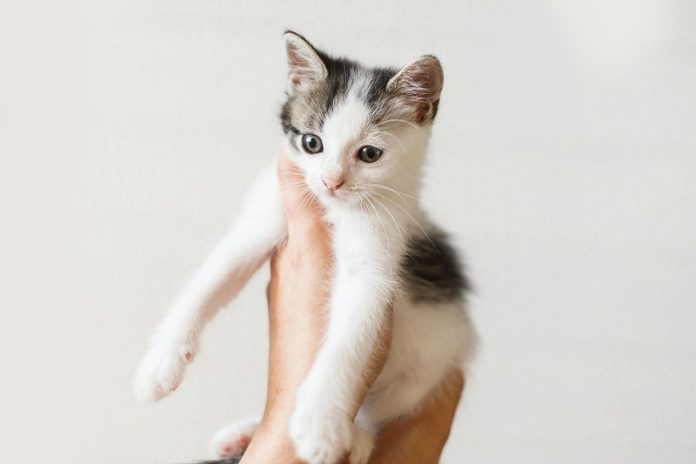
Cats are experts at hiding discomfort, which is why health problems like megacolon can go unnoticed until they become serious.
Megacolon is a severe form of constipation where the colon becomes enlarged and loses its ability to push out stool.
If left untreated, it can significantly harm your cat’s quality of life.
Dr. Sue Lim, a veterinary expert from Texas A&M University, explains what causes megacolon, its symptoms, and how you can help your cat if it develops this condition.
What causes megacolon?
Megacolon happens when constipation is not treated, causing the colon to become stretched and unable to work properly. While dogs can also develop this condition, it is much more common in cats.
There are two main reasons why cats develop constipation. Structural issues happen when something blocks the cat’s ability to poop, such as a pelvic injury or a tumor. Outdoor cats are more at risk for pelvic injuries from car accidents, which can cause the pelvis to heal in a way that blocks the colon. Less commonly, tumors near the colon can also cause blockages.
Functional issues occur when the colon stops working, even without a blockage. This might happen due to nerve problems, dehydration, or imbalances in the body. Some cats may become constipated due to stress or certain medications.
Sometimes, the cause of constipation is unknown, but if not treated, it can lead to megacolon.
Recognizing the signs
Signs of constipation or megacolon in cats include straining to poop, frequent trips to the litter box, or crying in pain while trying to go. Some cats may pass only small amounts of liquid stool, which can be mistaken for diarrhea. If your cat stops trying to poop, they may become tired, stop eating, or even vomit.
Diagnosis and treatment
To diagnose megacolon, vets will perform an exam and may take X-rays or blood tests to figure out what’s causing the problem and how severe it is. Treatment depends on how advanced the condition is.
In early stages, your vet might recommend a change in diet, such as switching to canned food, which has more water. Laxatives, probiotics, and medications that help the intestines work better may also help. If the condition is severe, your cat might need IV fluids or, in extreme cases, surgery to remove part of the colon.
Caring for your cat
If caught early, most cats can manage well with treatment. Making sure your cat stays hydrated and eats a healthy diet can help prevent or manage megacolon. While surgery is sometimes needed, it’s usually a last resort.
By watching for signs and getting treatment quickly, you can help your cat live a comfortable, happy life—even with megacolon.



